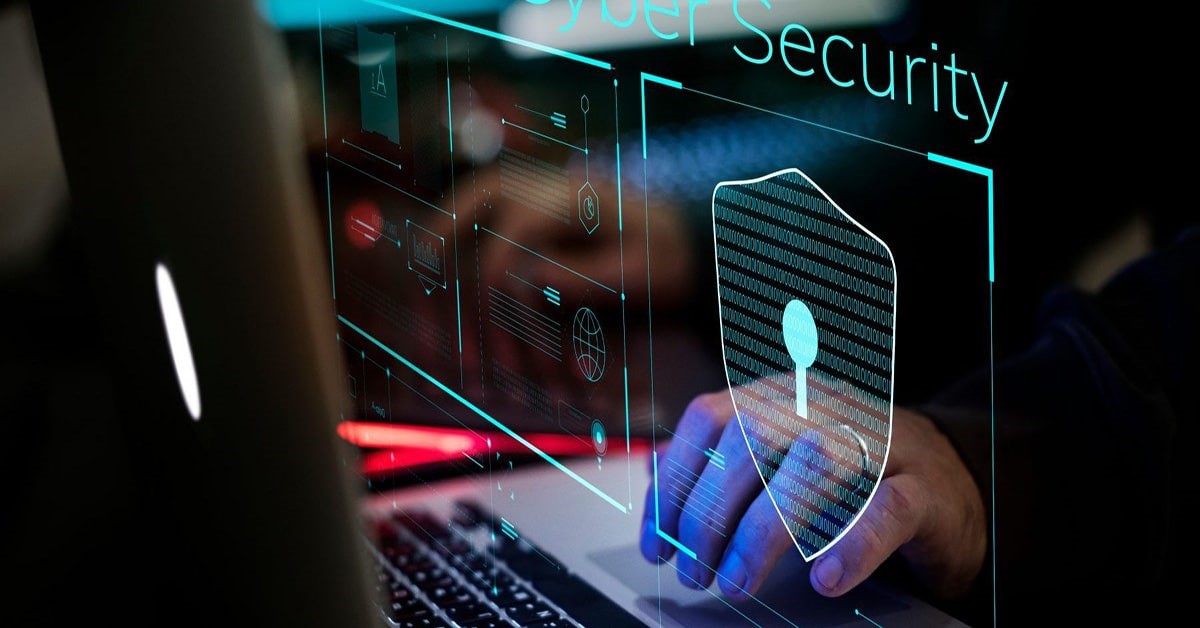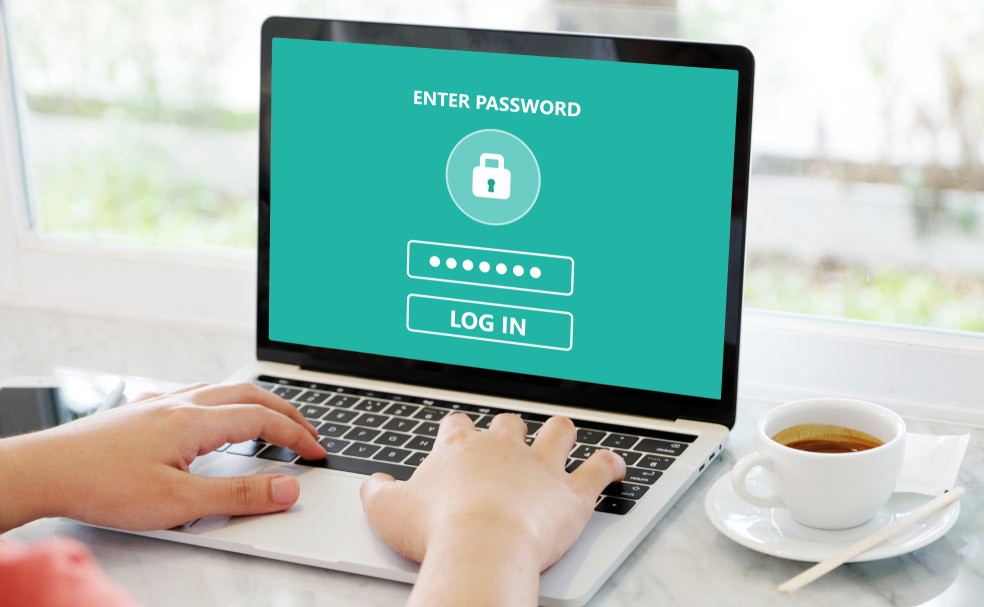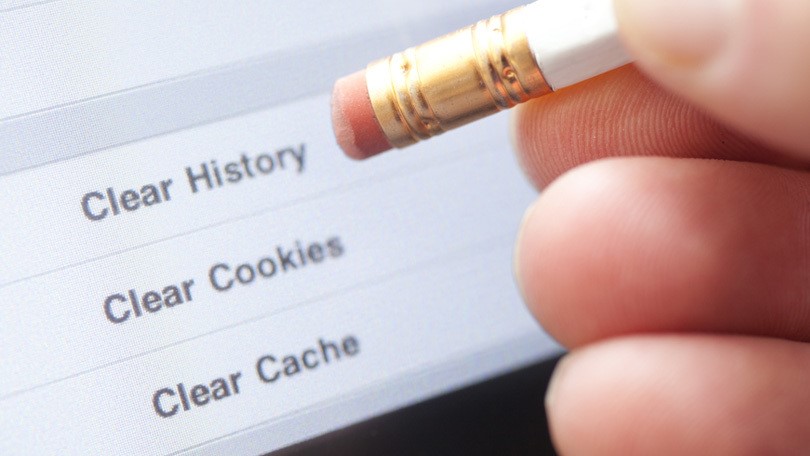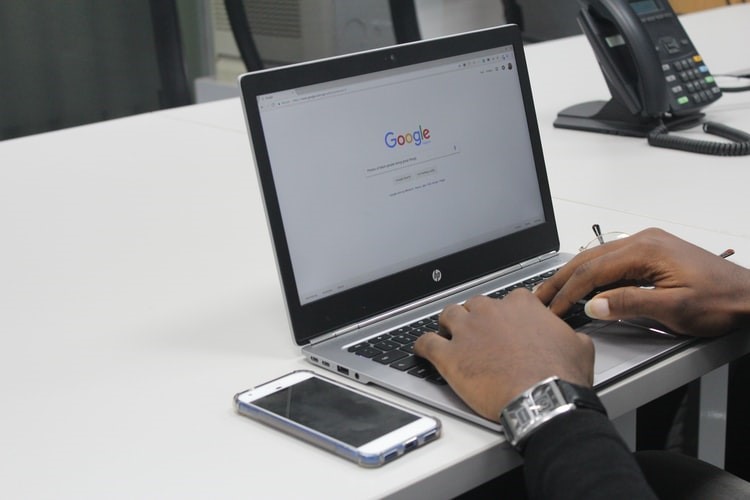It is vital to protect the security of your devices, your internet traffic, your data, and your identity while online. High-level breaches do and can happen, and there is little to do to prevent them. However, other attacks on your privacy and security are a lot closer to home. For instance, you may log online into your banking system and see a big zero balance. The reason may be your credentials were captured by a data-stealing Trojan. Or movie streaming only to get malware to your computer for not using The Pirate Bay proxy sites for protection. Fortunately, you can make your devices, activities, and online identity more secure. Below are simple things you can do to be more secure online.
- Install an antivirus and keep it updated
You need to install an effective antivirus to protect against different kinds of malware. In theory, set and forget about your antivirus protection, letting it work in the background downloading updates, and other things. In practice, look over your antivirus every so often. When everything is fine, most antiviruses display a green icon. But if you open the utility and see a red or yellow, follow the instructions to get it back on track. Avoid relying on the built-in antivirus. It is better to choose a simple one than to use the built-in versions. Whichever you choose, whether it is the best free ones or full security suite, renew it every year or enroll in automatic renewal.
- Use unique passwords for every log-in
Hackers steal information easily by getting a batch of usernames and passwords from one source, and they try these combinations elsewhere, and they work. For instance, if by hacking your email provider, hackers get your username and password. They can use them to log in to a major online store or banking site using the same username and password. To prevent this, use a unique and strong password for every online account you have. You can use a password manager to help you get strong and unique passwords for the various log-ins you make.
- Use different email addresses for different kinds of accounts
Using different email addresses for various accounts. In this way, you can tell when a phishing email is fake claiming to be from your bank to your account. You can try using one email for signing up for apps that you want to try but have questionable security. Once you vet the app, you can use your permanent email account. In case the dedicated account starts receiving spam, close it and create a new one. Also, consider selecting your username every time. In this way, it is difficult for whoever is trying to get into your account.
- Do not fall prey to phishing scams
To secure your online life, be smart about what you click. Not only is clickbait a catchy deadline, but it can be linked in the email, Facebook, and on messaging apps. Unfortunately, phishing links act as secure websites and trick you into giving them your credentials. Therefore, do not click links in text messages or emails you receive unless they are from a trusted source. Even then, it is vital to be cautious, for they might also be compromised or the message is fake. Also, this applies to links on social media posts that seem to be from your friends. It could be a hack.
- Clear your cache
The browser cache, which includes saved searches, saved cookies, Web history, could point to a home address, personal data, and other family information. For this reason, you need to protect the information that may be lurking in your web history. Make sure you clear browser history and delete browser cookies often. In Chrome, Firefox, Edge, opera, and internet explorer, press Ctrl+shift+Del, and a dialog box will pop for you to choose the browser data you want to clear.
- Turn off the ‘save password’ feature
Most browsers have a built-in password management solution. However, to have a secure online space, it is best not to use them. It is best to leave it to the experts of password protection who make password managers. It has its advantages, and it is reliable as it saves all your passwords of various online sites you use often.




